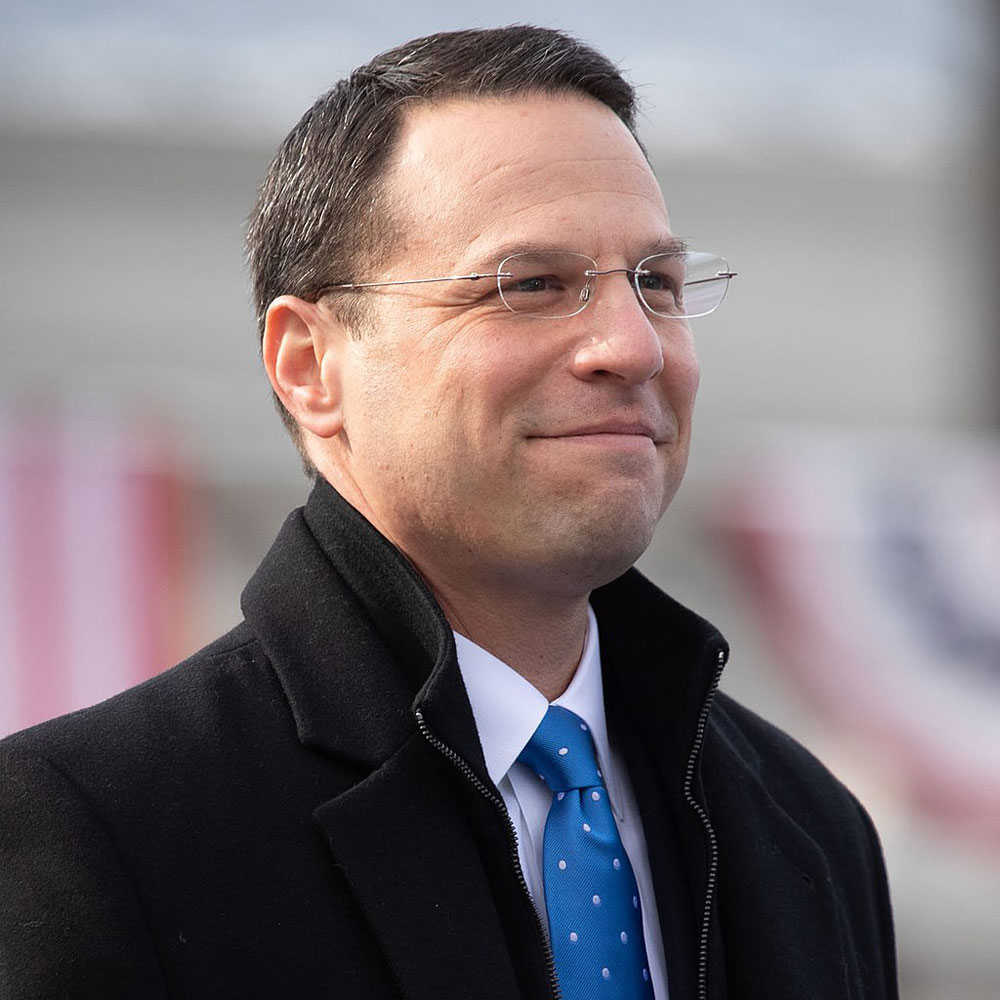
May 12, 2020; Daily Journal (Associated Press)
The attorney general of Pennsylvania has opened up a criminal investigation into the deaths of 2,600 people in nursing homes and other elder care facilities. This number comprises a third of all of those who have died in the state during the coronavirus pandemic. Altogether, 12,000 residents of the state’s elderly facilities were infected by the virus; that number comprises one-fifth of all those infected.
The National Guard has already been deployed to a number of the worst hit homes. One, the Beaver County Facility. where 71 have died, has had its manager replaced by a state appointee.
So, are we to think that Pennsylvania’s accountability system is what it needs to be? Well, maybe if you ignore the fact that the state’s emergency response officials had a plan in hand that would have rapidly deployed teams of epidemiologists, nurses, emergency management personnel, and medical experts to any facility that asked. The teams would help institute a variety of measures, including instituting infection prevention protocols, providing personal protective equipment, helping to identify secluded quarantine areas, contact tracing, planning for staffing, and more.
Sign up for our free newsletters
Subscribe to NPQ's newsletters to have our top stories delivered directly to your inbox.
By signing up, you agree to our privacy policy and terms of use, and to receive messages from NPQ and our partners.
Volunteers were recruited, and the plan was vetted by stakeholders, but it was never fully implemented—though bits and pieces were. Furthermore, unlike other states, Pennsylvania, even after a wave of deaths, never committed to wide testing of staff and residents until today, and it never made public the homes that were hosting outbreaks.
Meanwhile, according to the Associated Press, “The state’s long-term care ombudsman, Margaret Barajas, said her office is currently taking resident complaints by phone and is hoping to create a virtual visiting service soon to see the conditions inside facilities. But without widespread testing and protective gear at nursing homes, she fears the number of deaths will continue rising.”
“We may have flattened the curve,” Ms. Barajas said, “but I don’t believe the consumers I am responsible for advocating on behalf are any safer today than they were in early March.”
Yesterday, NPQ released an article and a podcast addressing the conditions in nursing homes that are spreading contagion. Tiny Spark’s podcast interviews three women who are nurses on COVID-19 wards, who describe in explicit detail conditions that are almost tailor-made to spread, rather than contain, contagion. Karen Kahn’s article traces the problems created by having profit-making corporations in the mix at these facilities. Both are powerful, but the interviews are especially searing.—Ruth McCambridge













